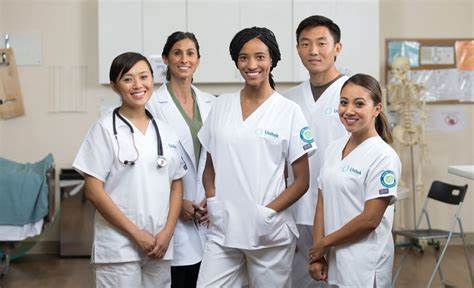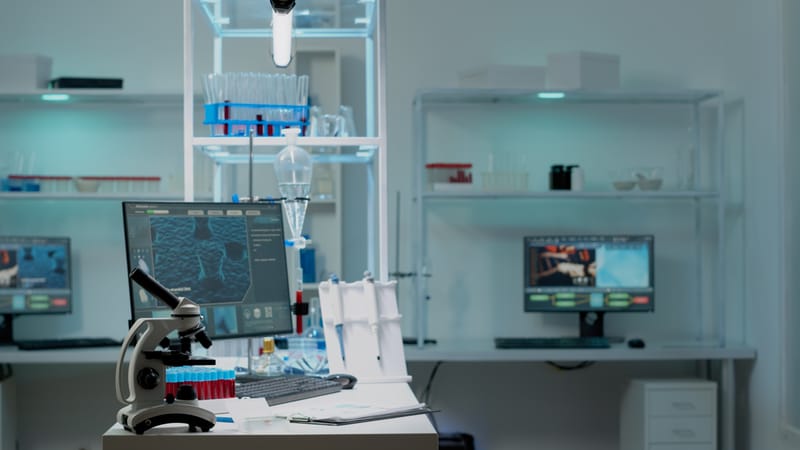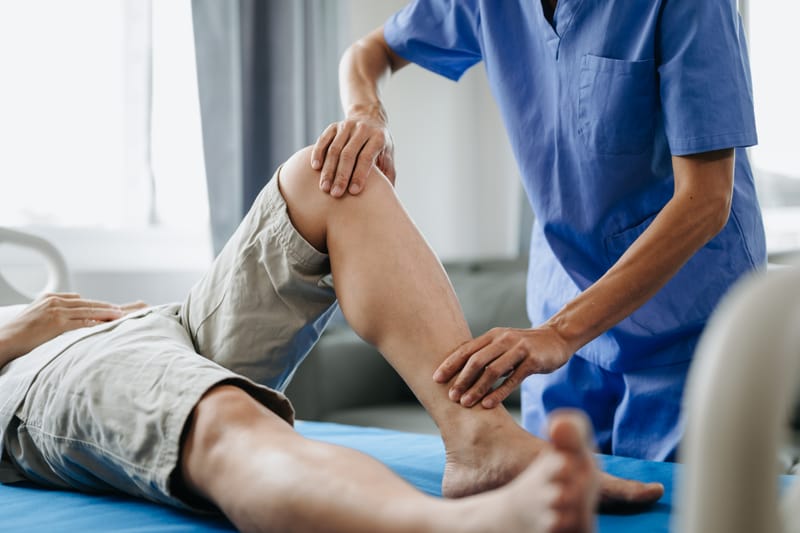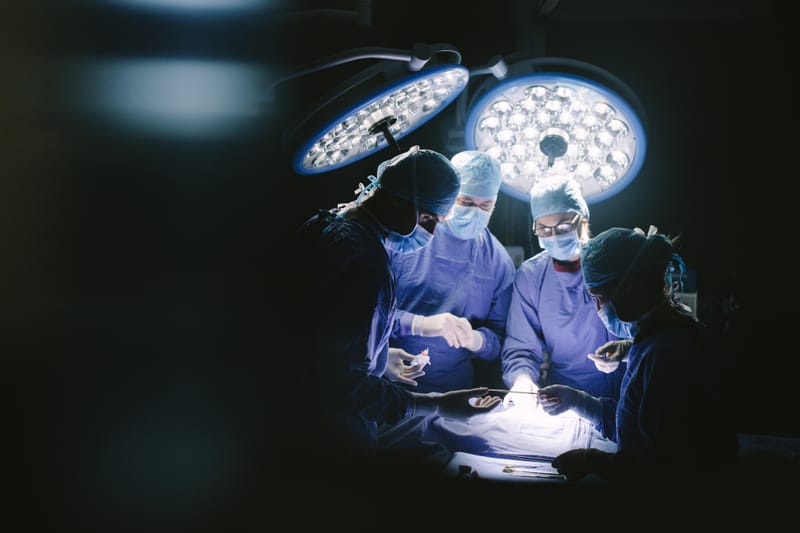Courses Offered

B.Sc. Nursing (Bachelor of Science in Nursing)
A bachelor's degree in nursing equips students for diverse professional roles and further academic pursuits. The curriculum covers nursing science, research, leadership, and related subjects that shape nursing practice. Additionally, it provides a broad education in mathematics, humanities, and social sciences. Earning an undergraduate degree can lead to greater career advancement and higher salary potential and is often a prerequisite for roles in teaching, administration, consulting, and research. The program typically spans three to four years, with variations in degree titles often reflecting differences in coursework. BScN and BSN programs generally require more math and natural sciences, such as calculus, physics, chemistry, and biology, similar to traditional BSc degrees. In contrast, BN programs emphasize nursing theory, the nursing process, and specialized general science courses tailored to nursing practice.

PARAMEDICAL COURSES
DMLT & DMIT Discover excellence in healthcare education with our 'Paramedical Courses: DMLT & DMIT' program. Gain comprehensive knowledge and practical experience in fields such as Diploma in Medical Laboratory Technology (DMLT) and Diploma in Medical Imaging Technology (DMIT). These courses are designed to foster professional expertise and open doors to rewarding careers in the medical sector.

Bachelor of Physiotherapy (BPT)
The Bachelor of Physiotherapy (BPT) program is an extensive undergraduate degree that prepares students for a career in physiotherapy and rehabilitation sciences. This program offers an in-depth curriculum encompassing anatomy, biomechanics, and therapeutic methods, alongside hands-on practical training to ensure proficiency in patient care and therapy techniques. Graduates of the BPT program will be well-equipped with the skills and knowledge needed to excel in diverse healthcare settings, contributing to enhancing the physical well-being of the community.

ALLIED HEALTH SCIENCES COURSES
ALLIED HEALTH SCIENCES COURSES, including MLT (Medical Laboratory Technology) and OT & AT (Operation Theatre and Anesthesia Technology), provide comprehensive training to prepare students for key roles in the healthcare industry. These programs equip learners with the theoretical knowledge and practical skills required to excel in medical diagnostic laboratories and operative and anesthetic care settings, ensuring excellence in both patient care and clinical processes.